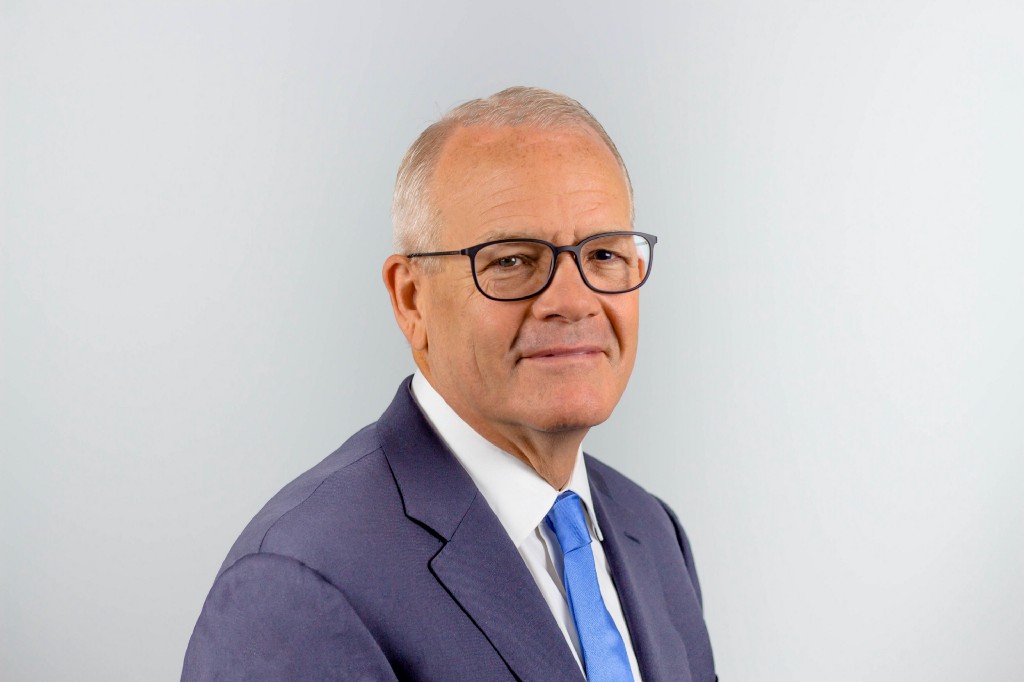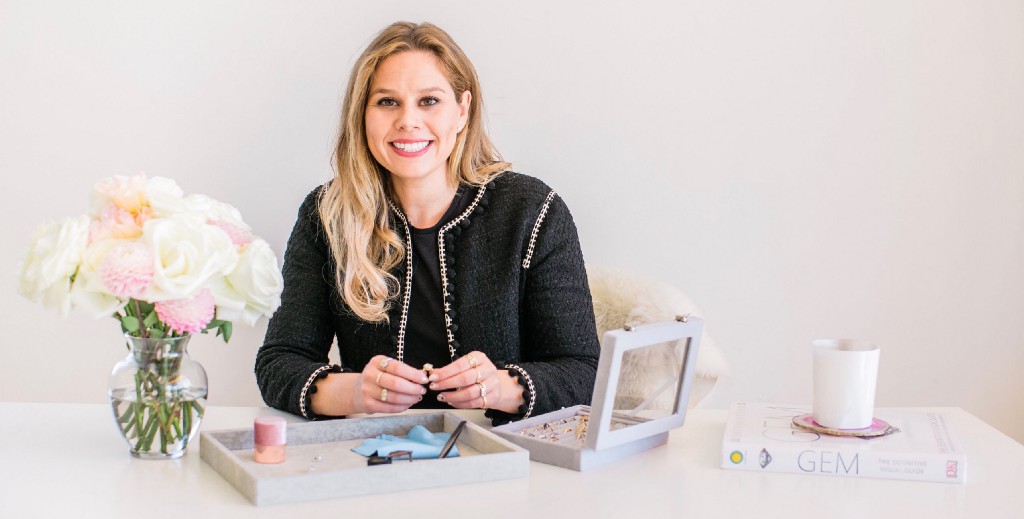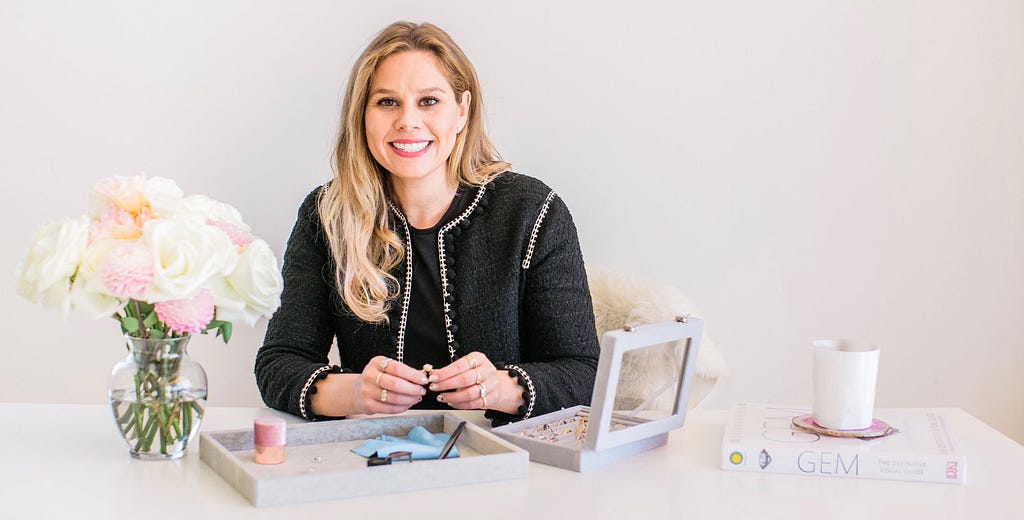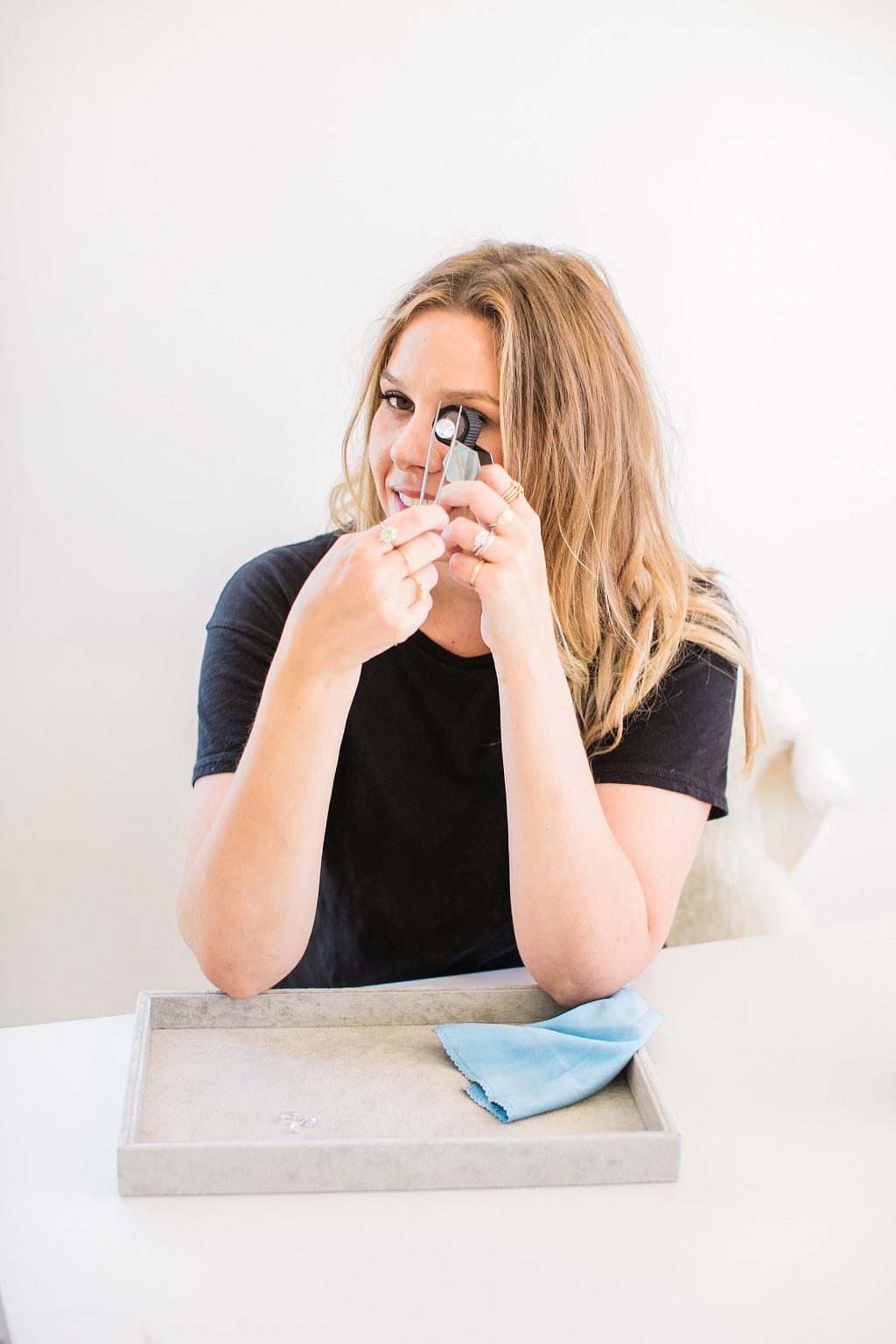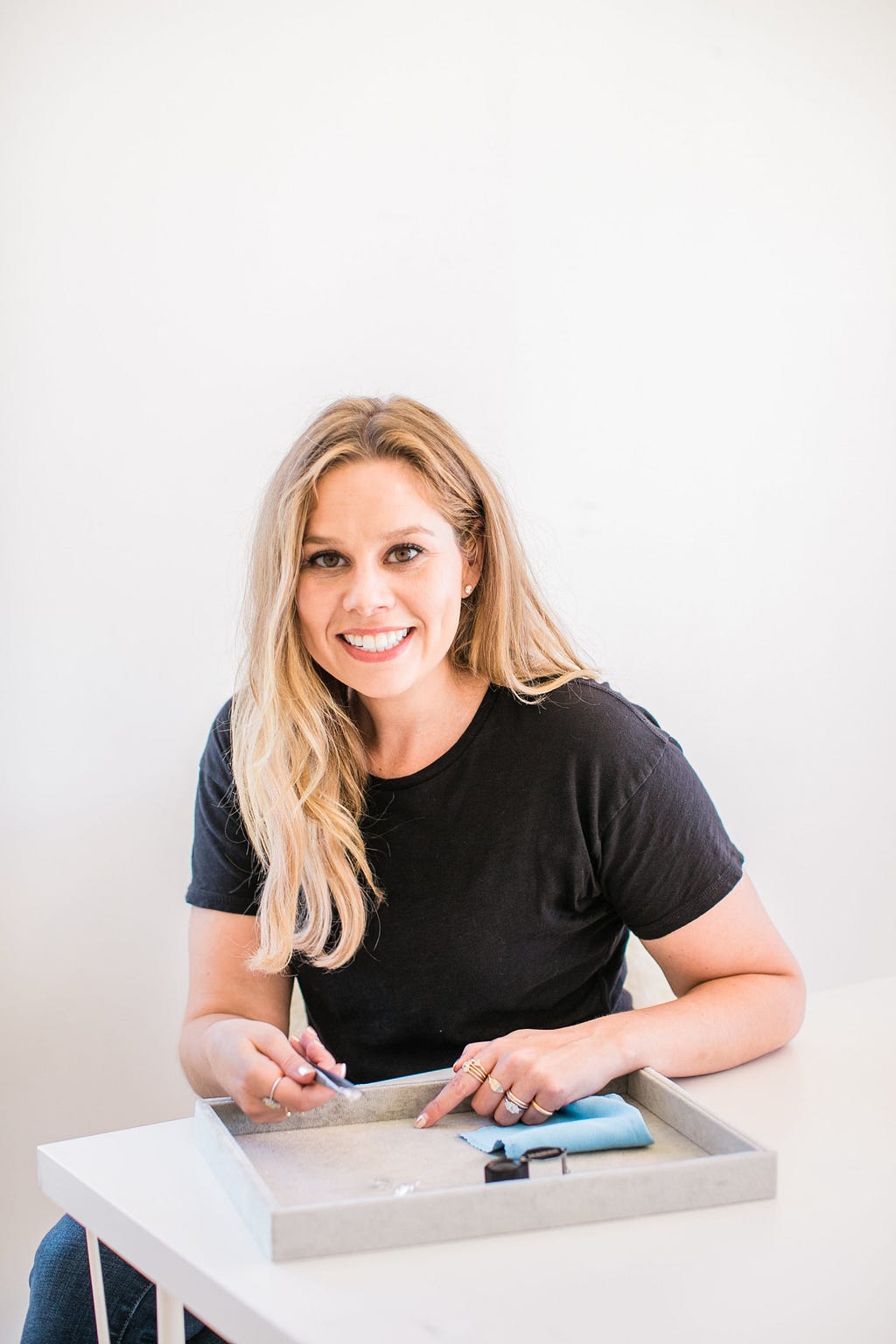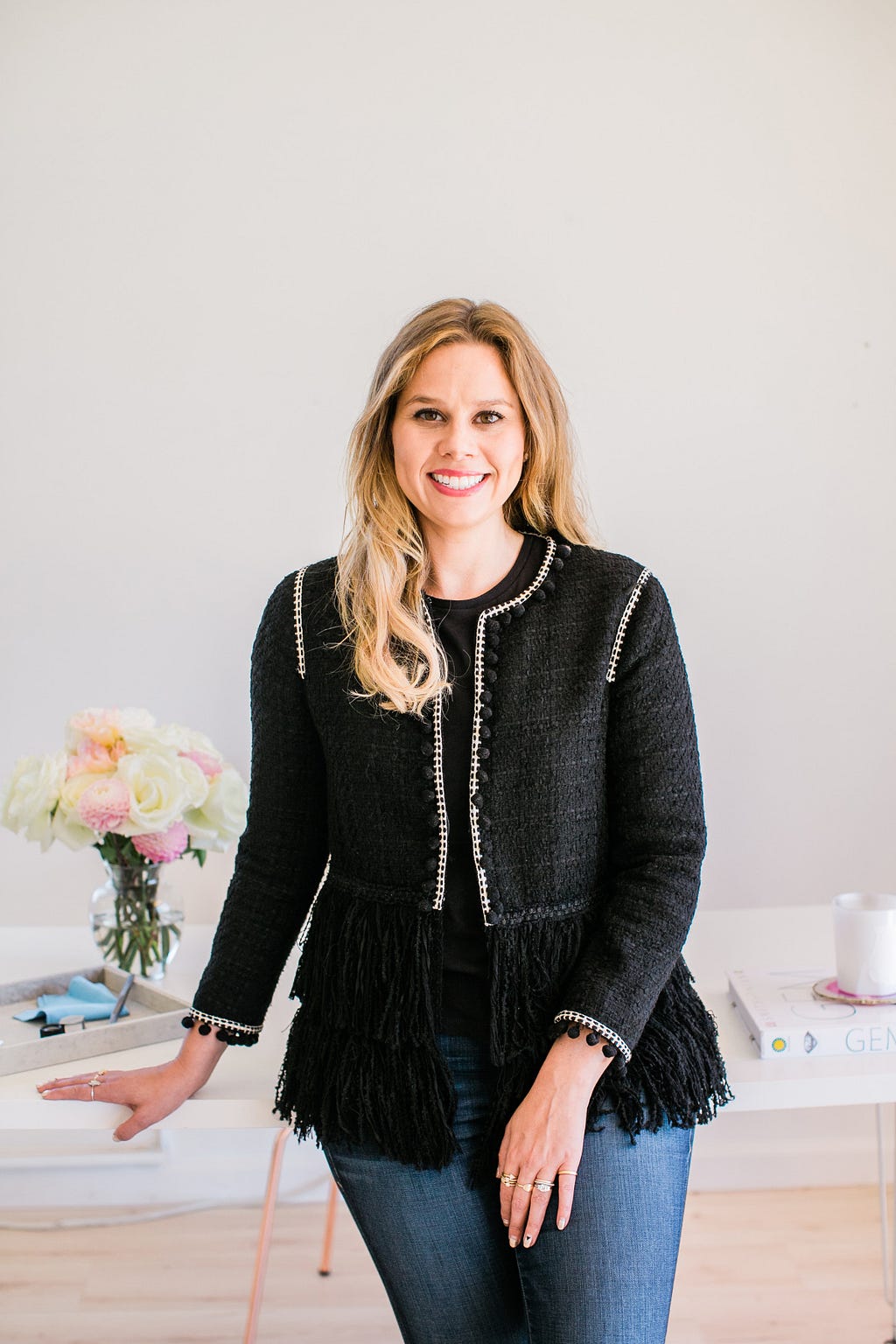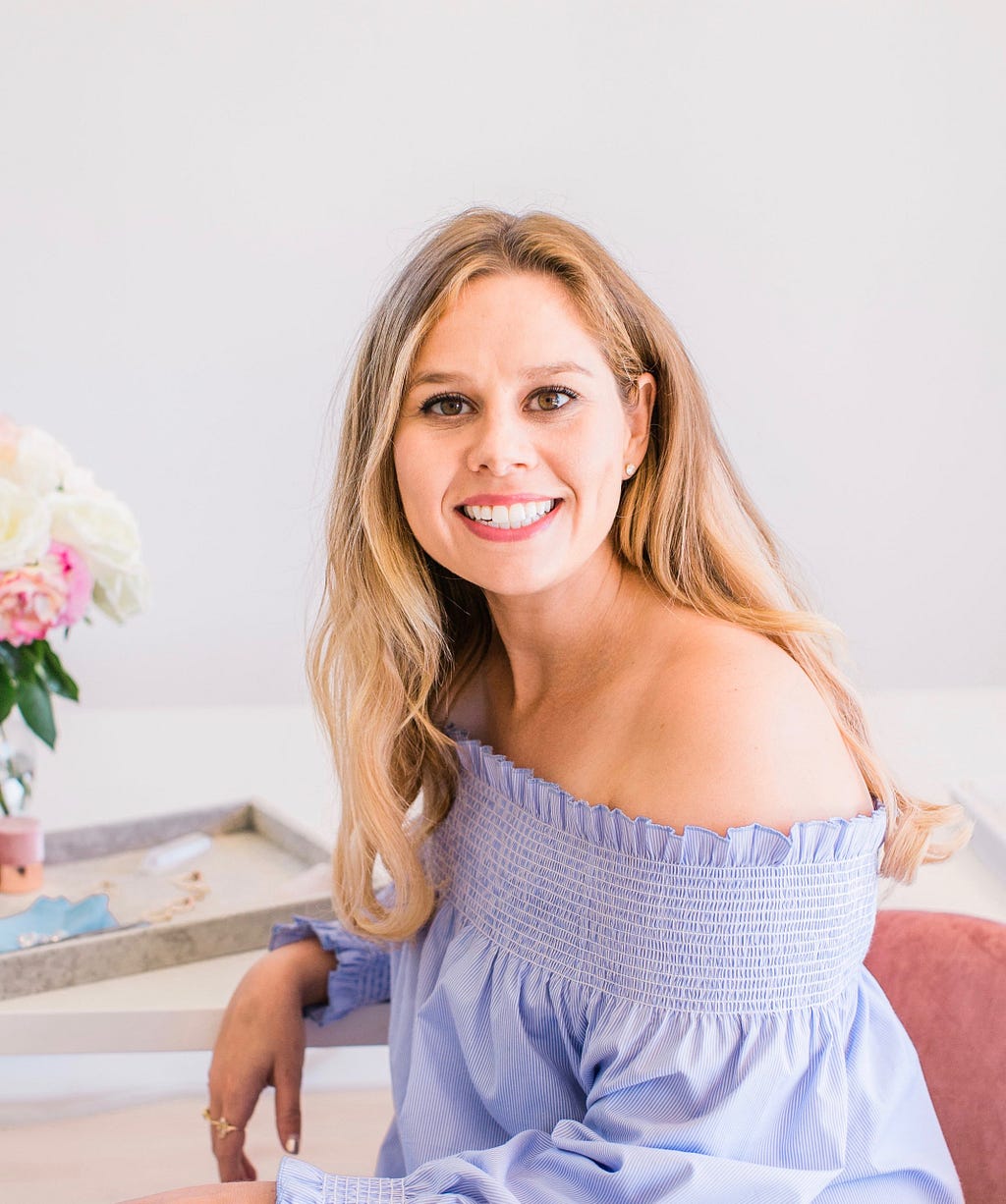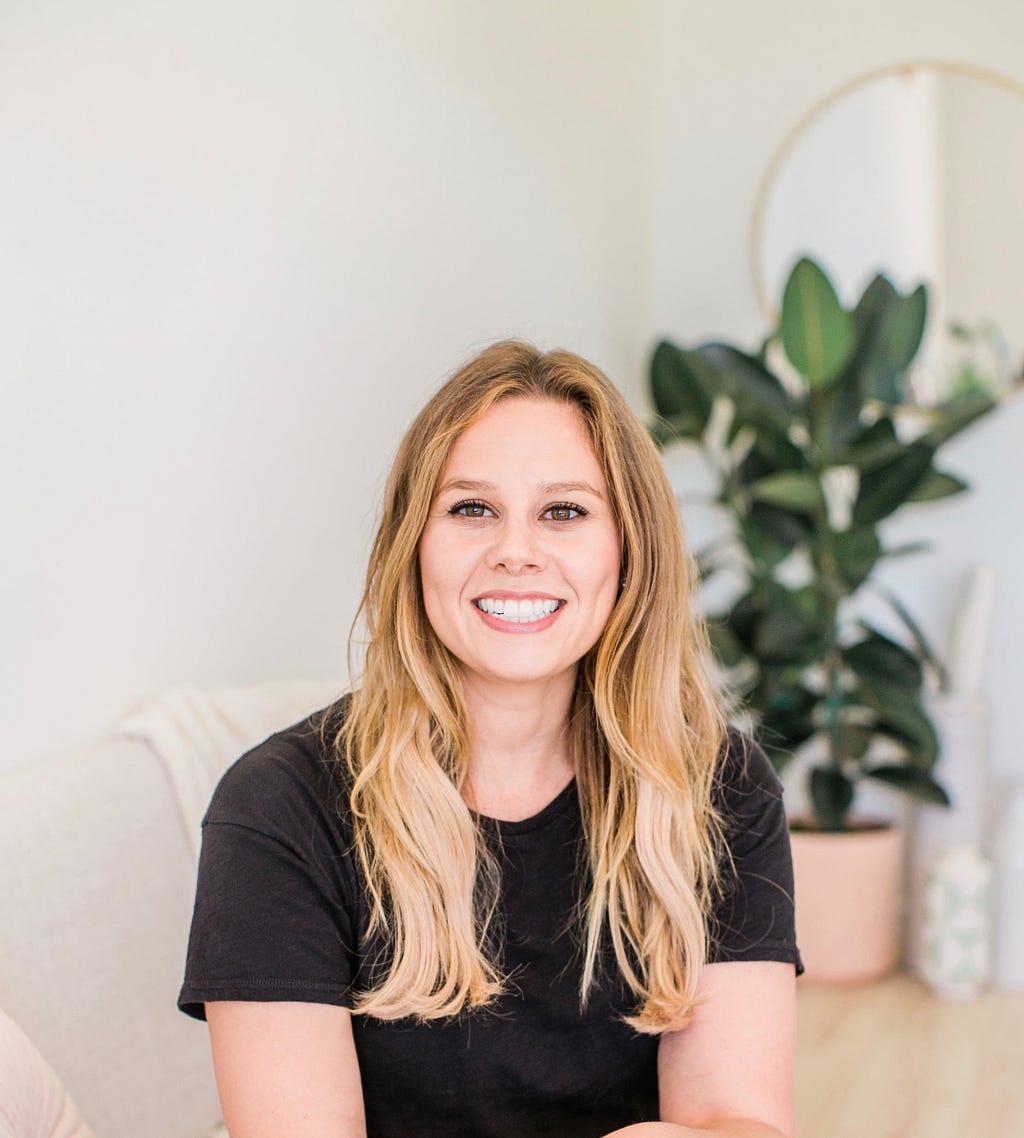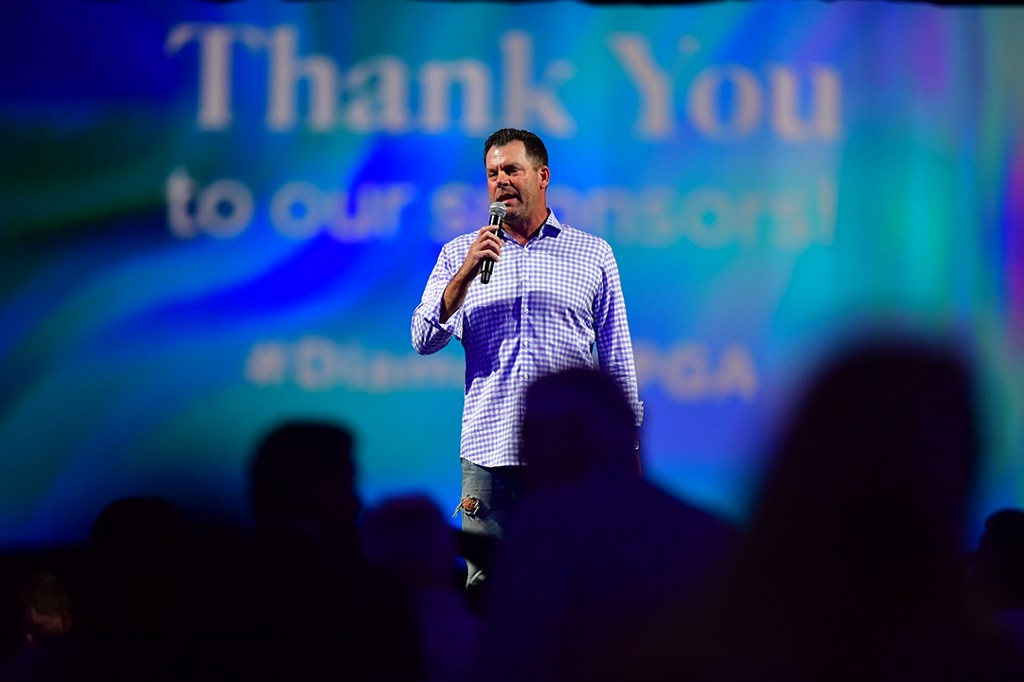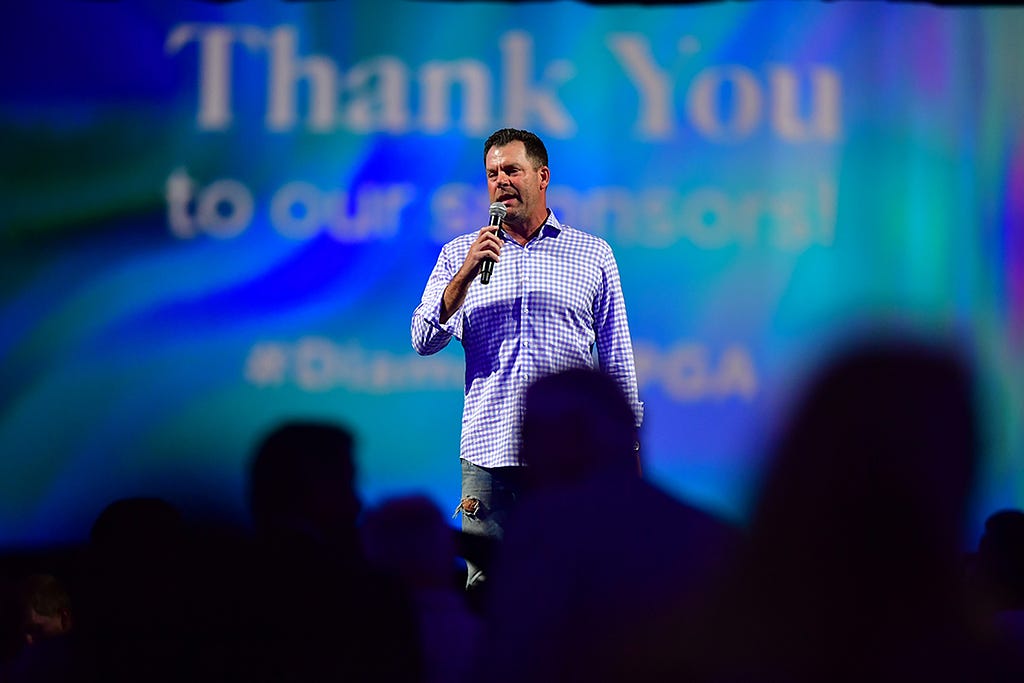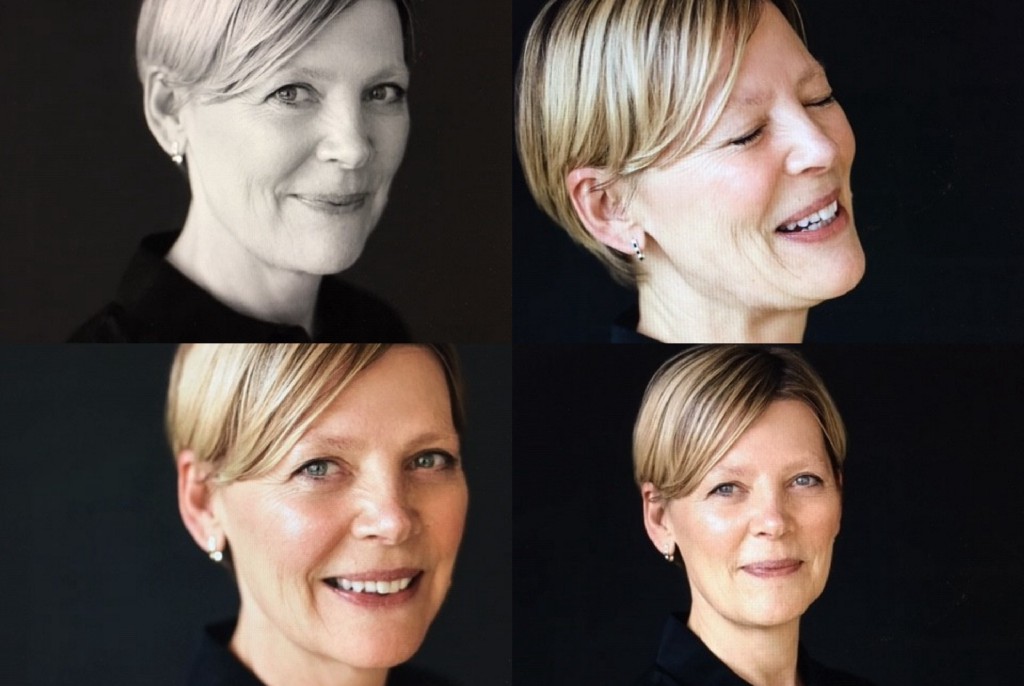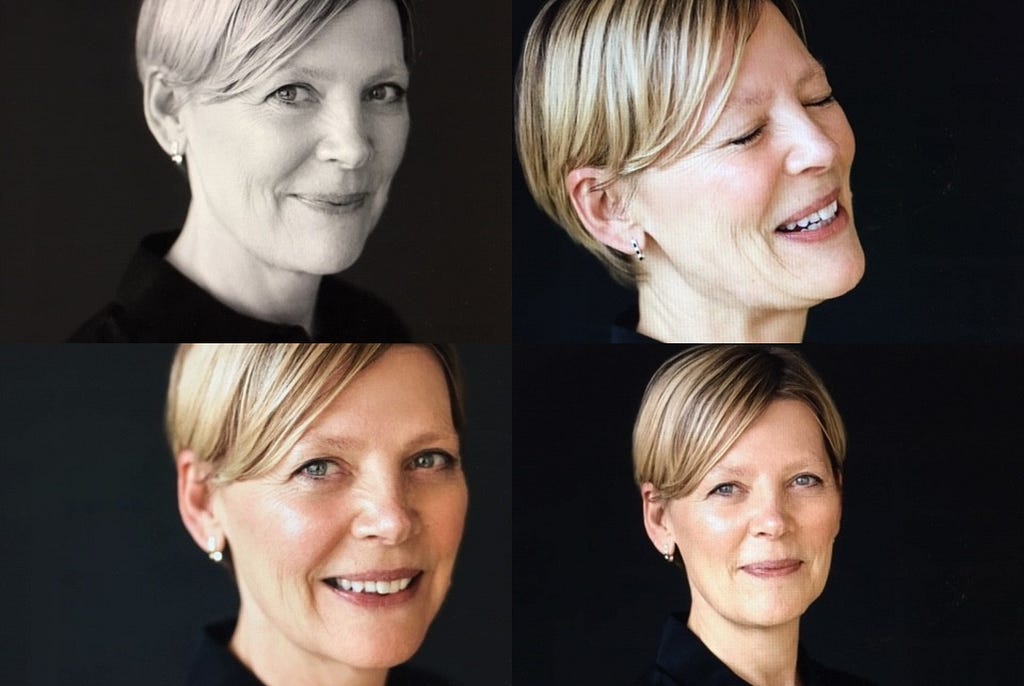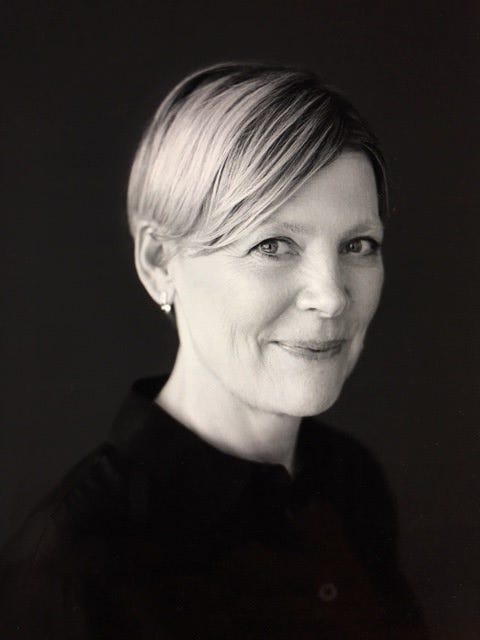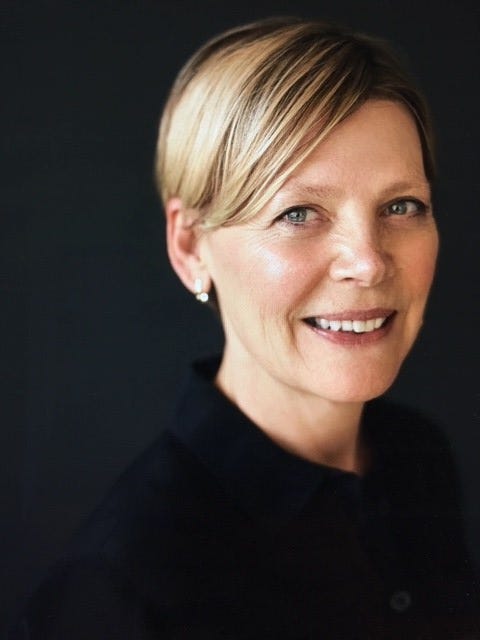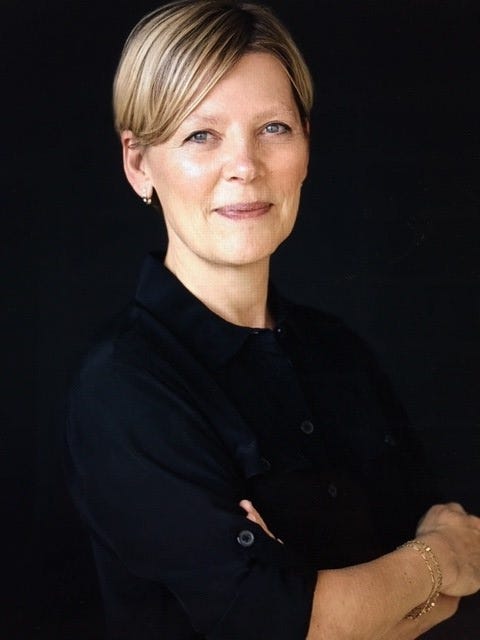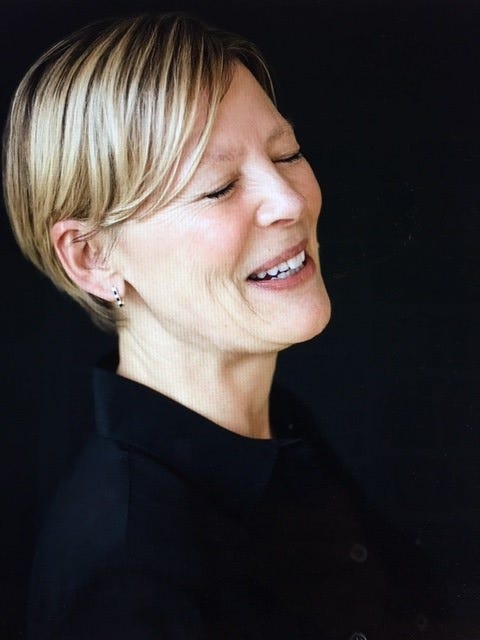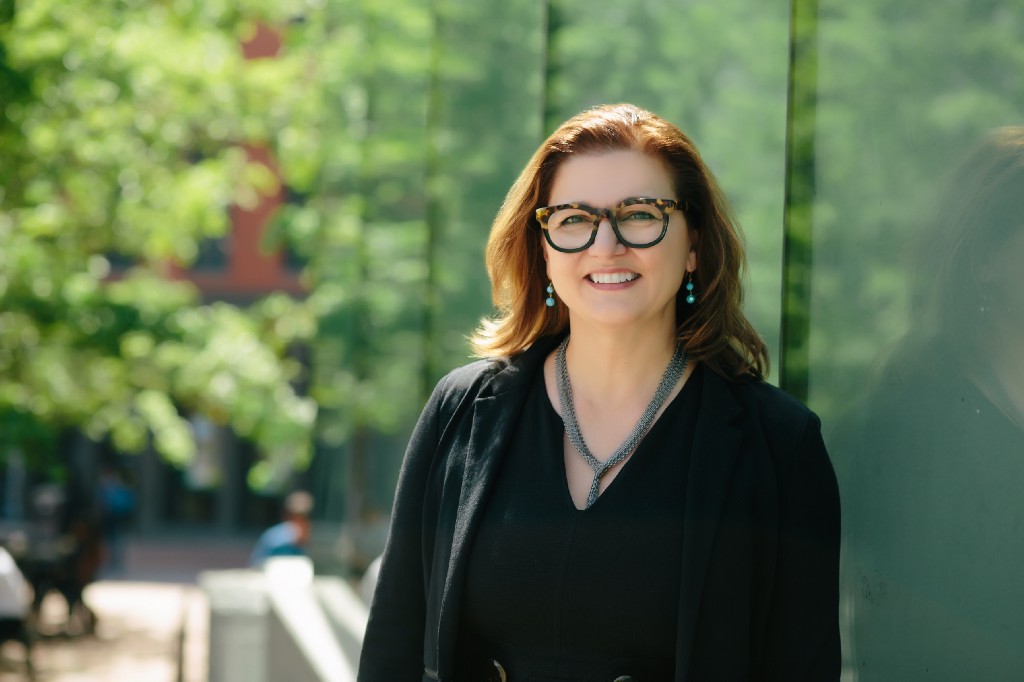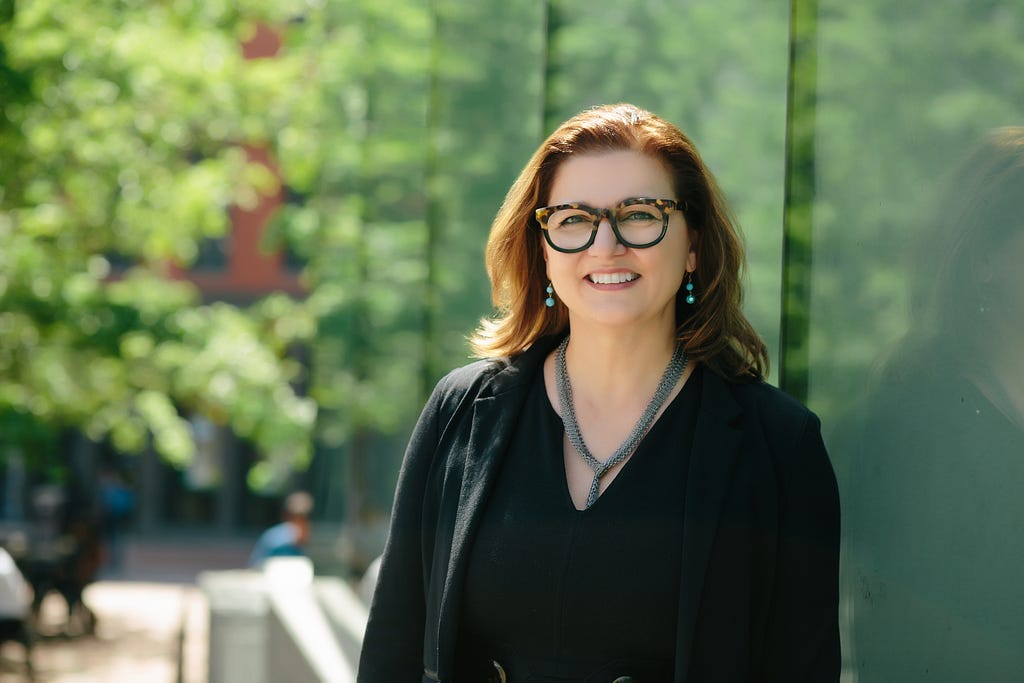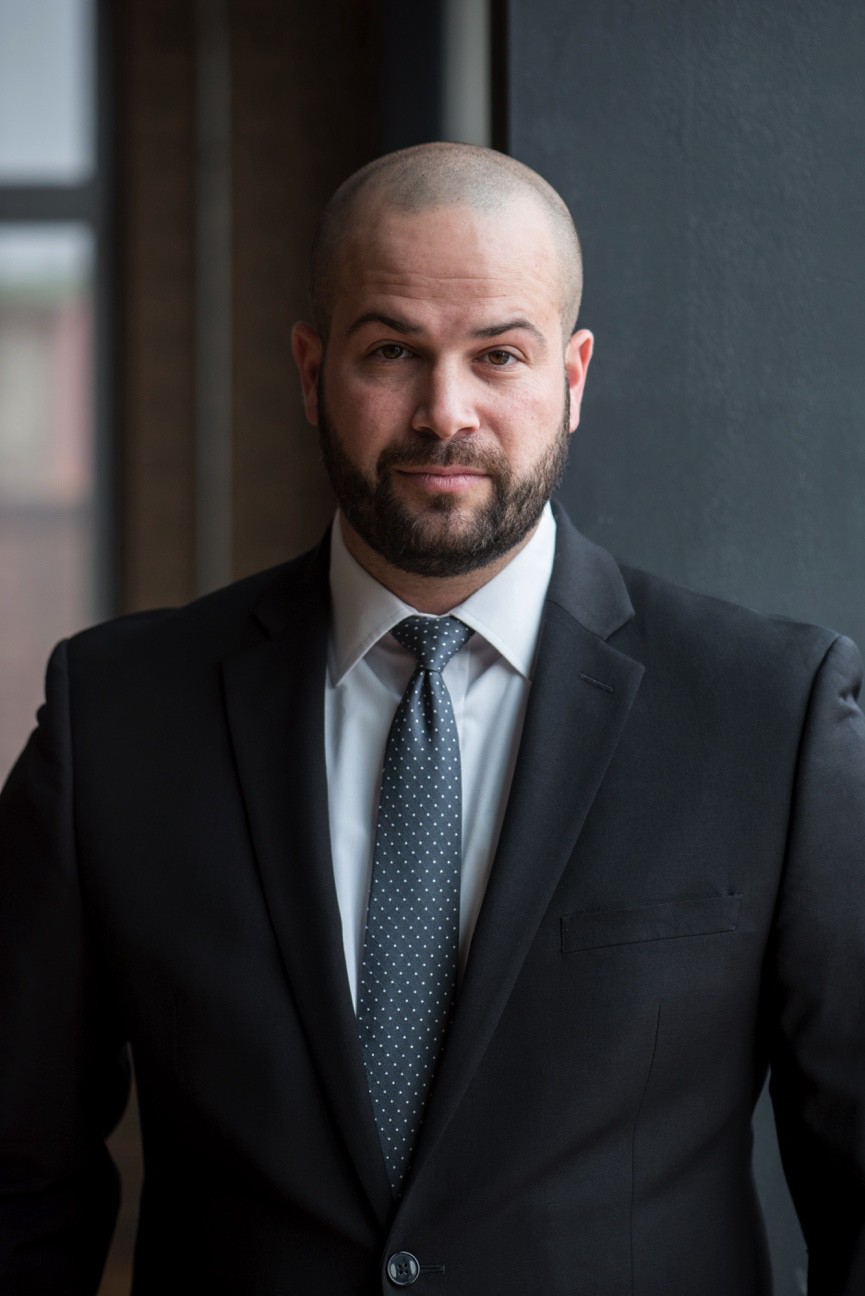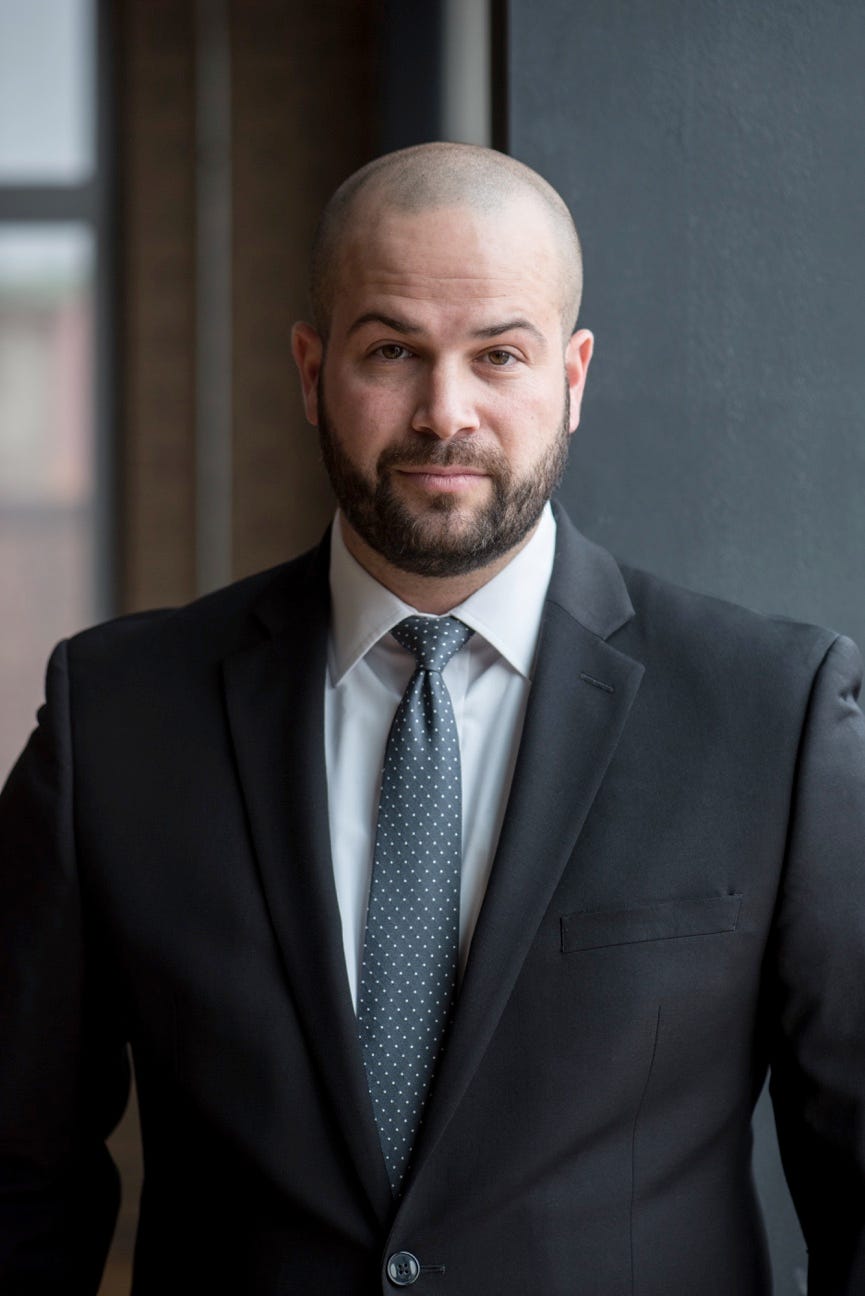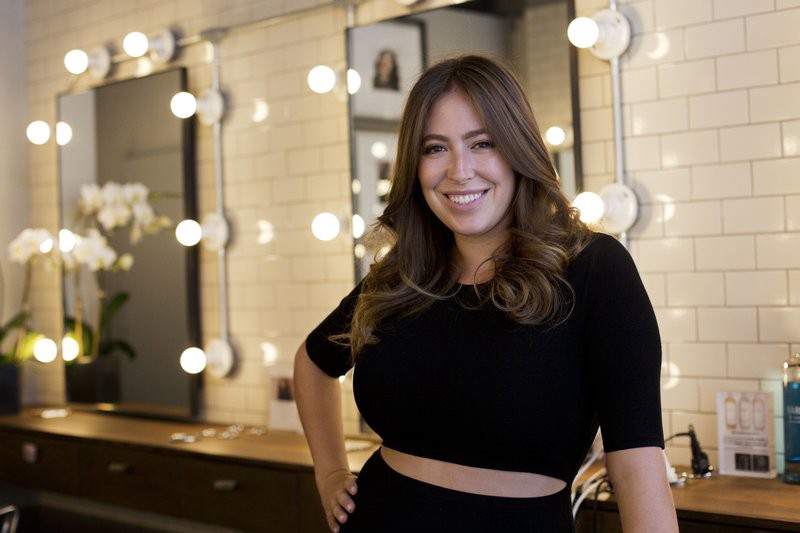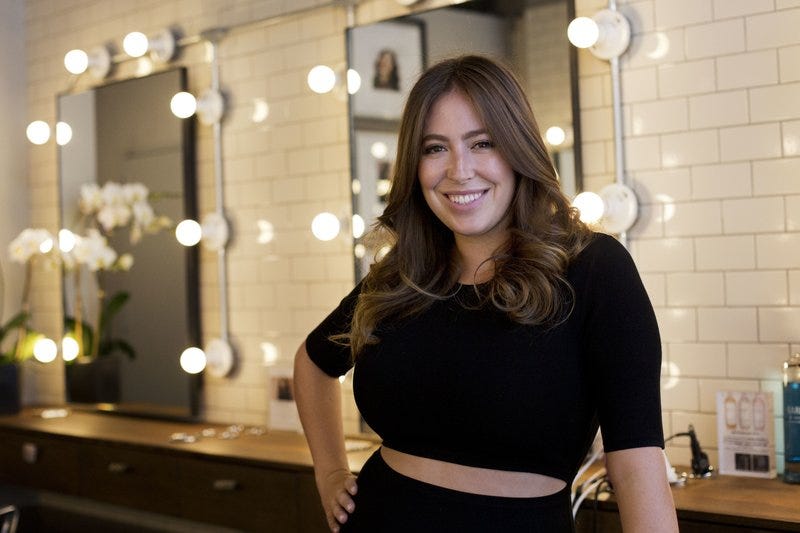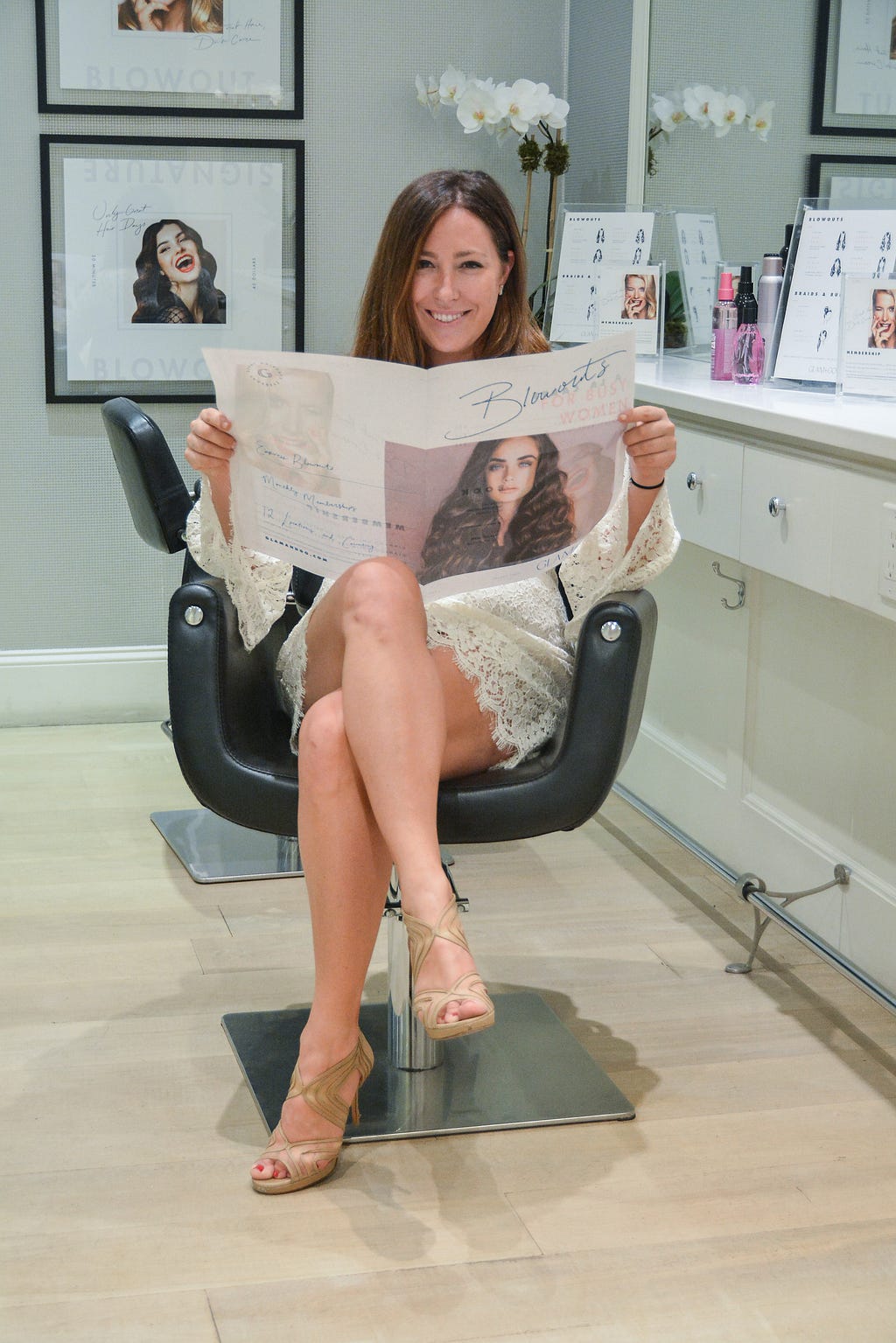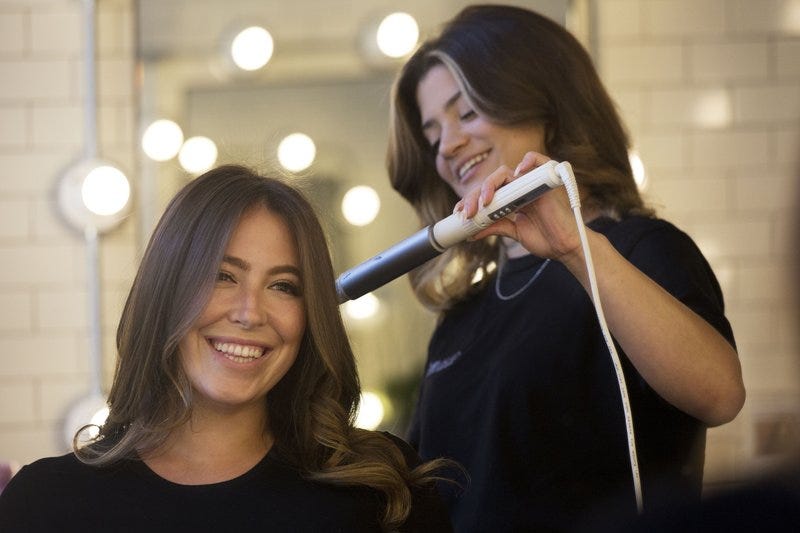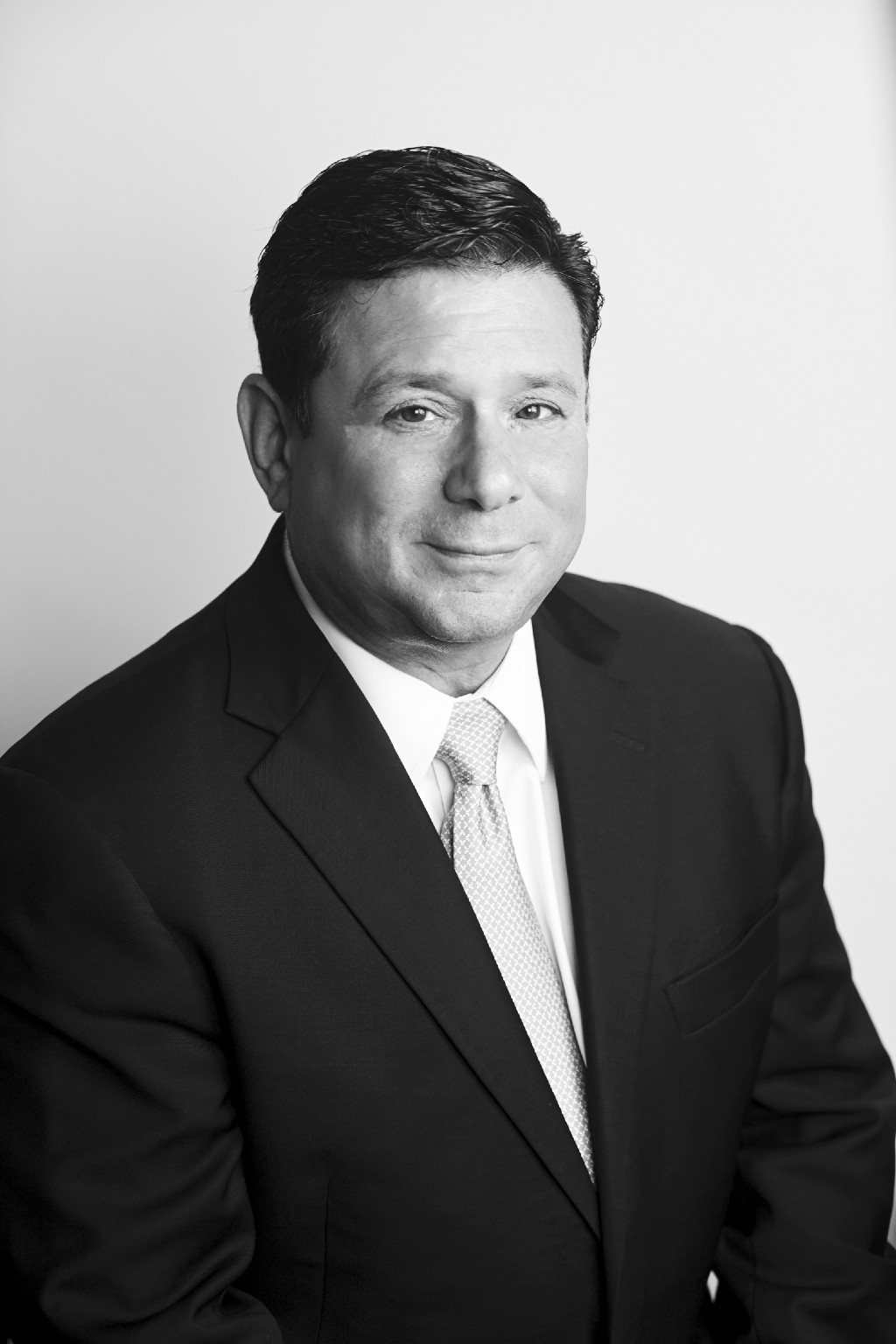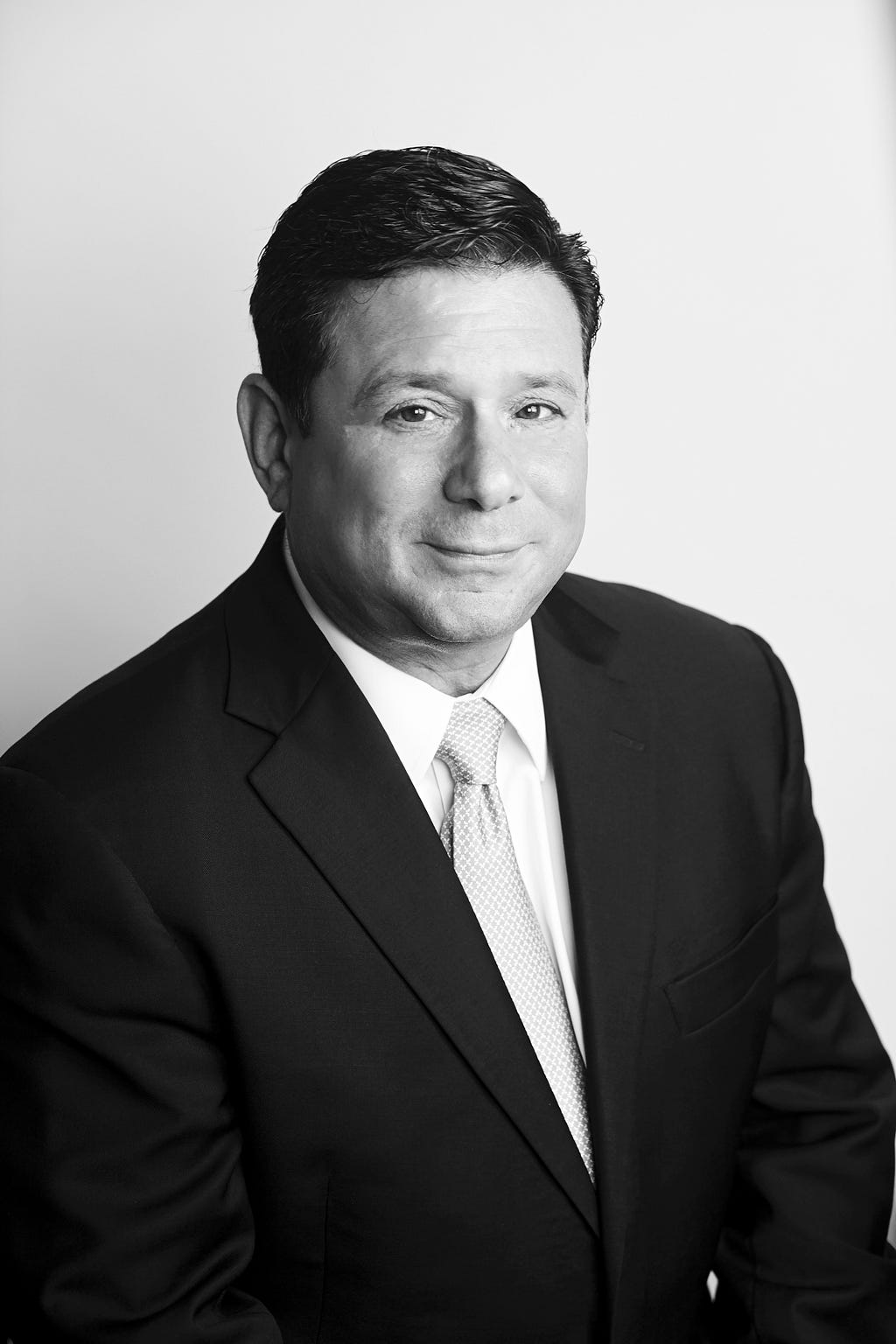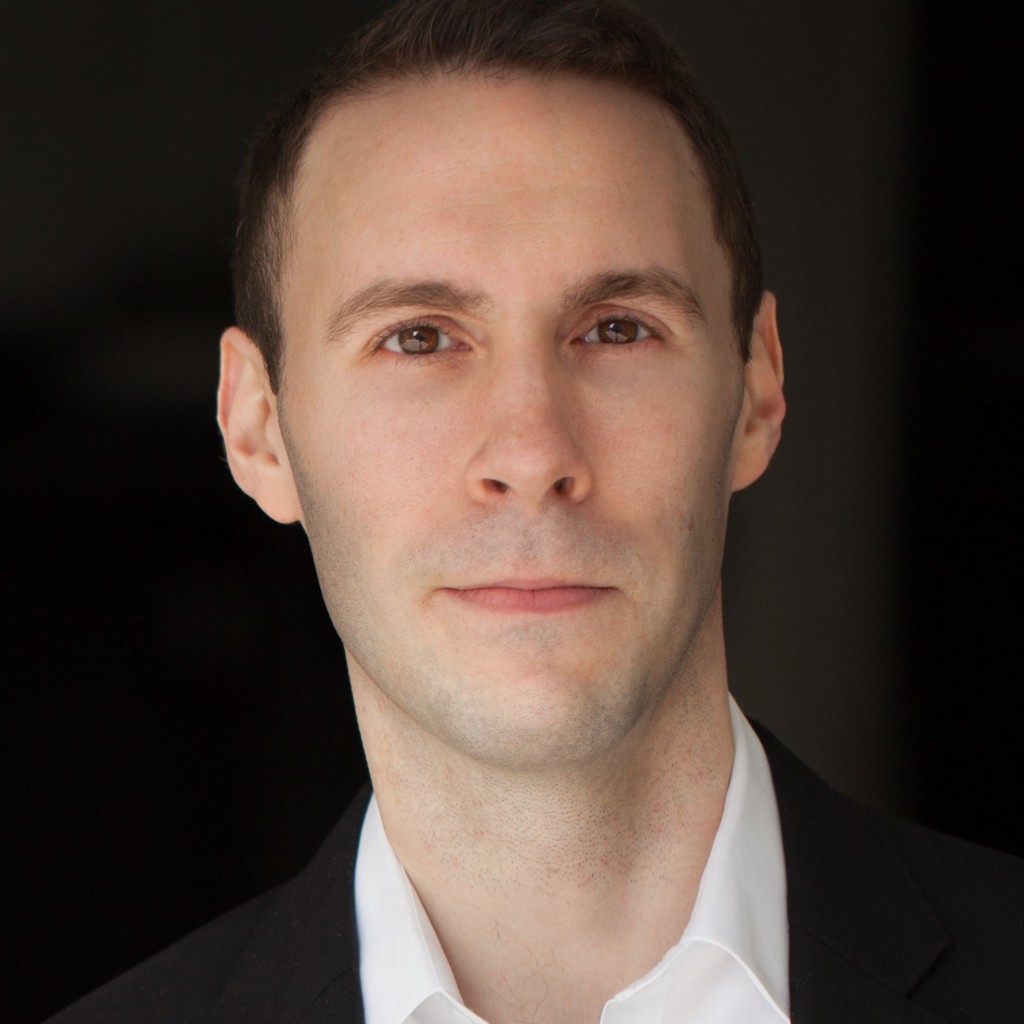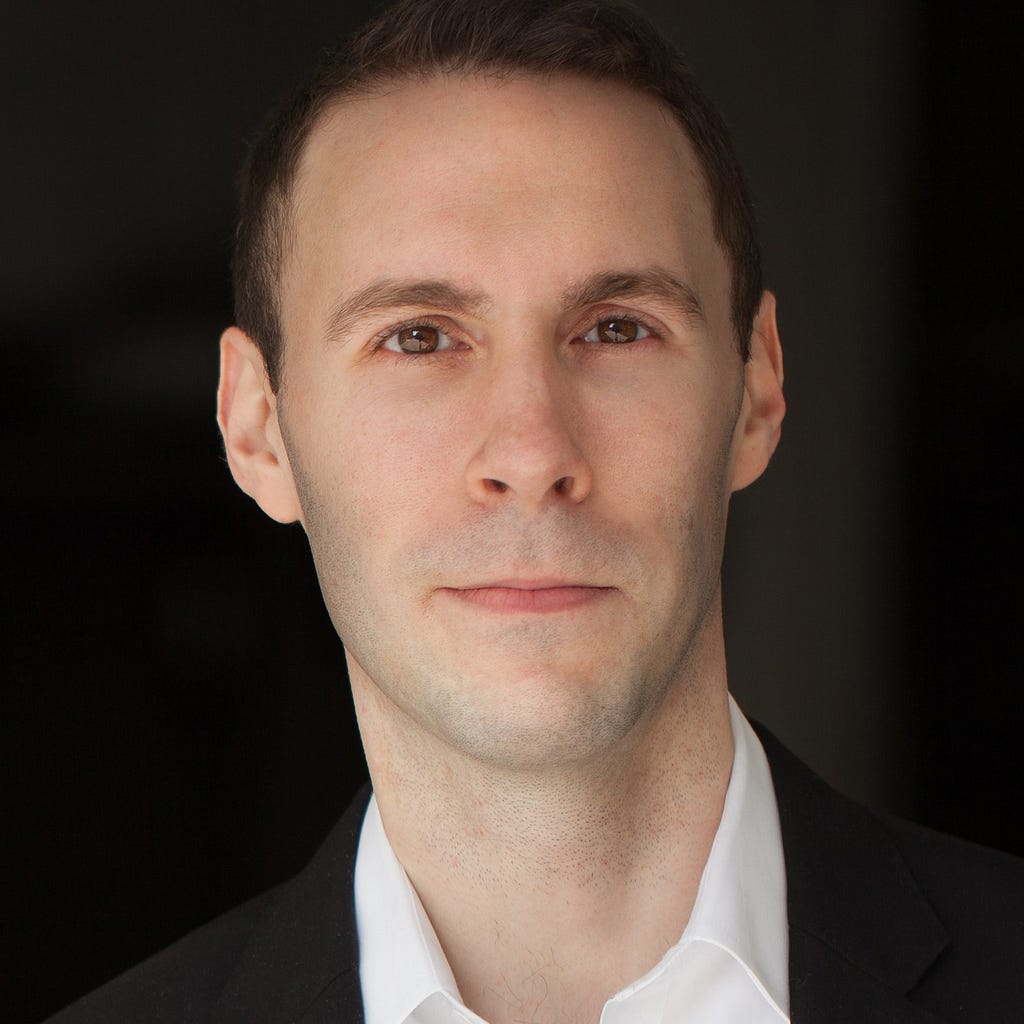The Future of Travel: “Individualized and local, along with the consistency provided by a brand” With David Duncan, President of First Hospitality Group & Candice Georgiadis
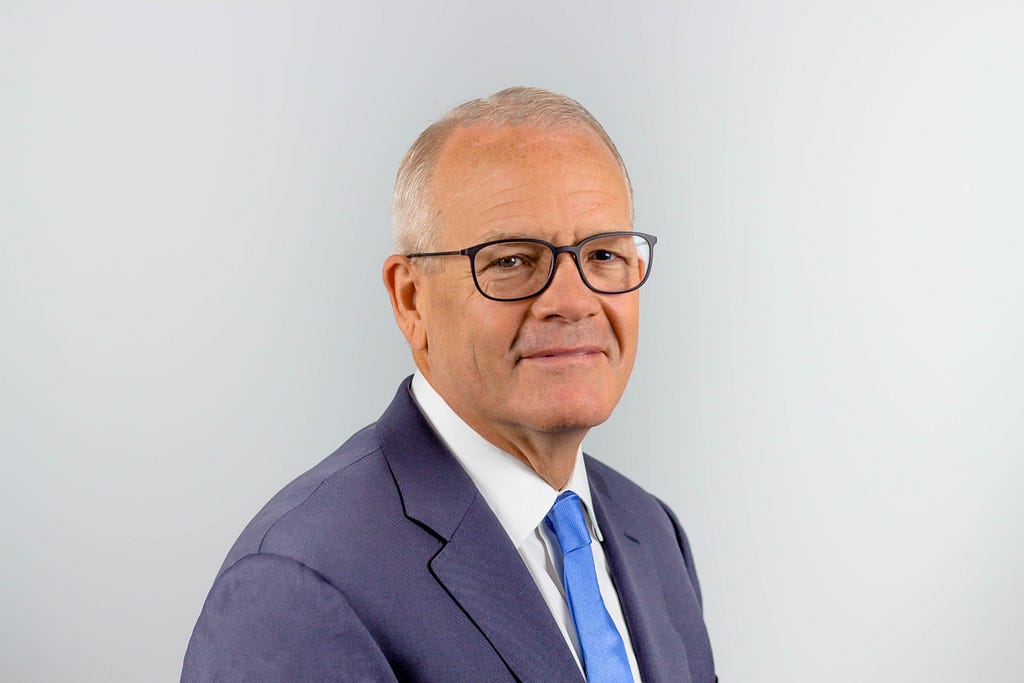
Back in the 1950’s the hotel business was very decentralized. Virtually every motel/hotel was stand alone and local. Holiday Inn was born to bring consistency to the guest experience and that trend of consistency went on for decades. In some instances, it went so far that a hotel room in Paris looked the same as in New York or Los Angeles. This gave way to the creation or reinvigoration of the boutique/individual hotel experience that travelers, especially appreciate. The brand companies have joined in and established soft brands that allow for some level of consistency, but flexibility to return the experience to a local one again and yet also provide participation in the valuable guest reward/points program.
As a part of my series on “The future of travel”, I had the pleasure of interviewing David Duncan. David is President of First Hospitality Group, Inc. (FHG). David is a real estate investor and hotel operator who is passionate about developing unique real estate investments and hotel operating environments that delight guests and investors alike. He brings over 25 years of global operating experience managing high performing teams as a President, CFO and Managing Director in both public and private organizations and has been involved in over $10B of real estate and capital market transactions. David joined FHG from JC Resorts, an owner/operator of coastal resort and golf properties, located in La Jolla, CA. Prior to that he was President of Denihan Hospitality Group, a private real estate owner and hotel operator which he expanded from 6 hotels in New York City into a nationally recognized hotel operator with 14 hotels operating throughout the U.S.
Thank you so much for joining us! Can you tell us a story about what brought you to this specific career path?
20 years ago, I found out I would be the proud father of triplets and I was ill prepared. I was working a million hours a week to make partner in firm but wasn’t passionate about the work , but it felt productive. I was faced with a choice of taking the conservative route — keep shouldering forward in that business or take a risk — change jobs to a business that I found more interesting and would better align with my interests. I decided that if I was going to need to spend time away from my kids — it better be for something I loved, not just a job that paid the bills. I went into the real estate business and ultimately the hotel end of that business, which I’ve loved. I sometimes look back and think I was crazy to make a change so dramatic when triplets were on the way, but it was the best decision I ever made. I love my kids and I love what I do.
Can you share a story about the funniest mistake you made when you were first starting? Can you tell us what lesson you learned from that?
As a young professional, I moved from my hometown where I knew virtually everyone, to Los Angeles, where I didn’t know a single person. Developing a social circle was an important priority as I was just starting out, so I attended a happy hour with a small group of young professionals. Within minutes, I asked the group “so when is Cinco de Mayo?” When I realized how painfully obvious the answer was, I was mortified. I had a choice to shrink up or just play it out. Thankfully, I chose the latter. I learned from this funny situation early on to be culturally savvy and know how to laugh at yourself.
What do you think makes your company stand out? Can you share a story?
First Hospitality Group strives to make sure that every member of our company takes complete ownership of their work. Don’t go through life passively witnessing it, but rather show up, make an impact, show love, emotion, curiosity, and passion — those qualities are contagious.
Which tips would you recommend to your colleagues in your industry to help them to thrive and not “burn out”? Can you share a story about that?
Pick an industry that you love and don’t settle until you find it. In the early part of my career, I chose public accounting because I needed a job. I stuck with it for a long time because that’s what I thought was expected of me. Not until I allowed myself to go into something that was really interesting to me did I truly begin to flourish. From my experience, it’s true what they say — if you love what you do its really not work at all.
None of us are able to achieve success without some help along the way. Is there a particular person who you are grateful towards who helped get you to where you are? Can you share a story?
I had a boss that taught me the value of selfless leadership. I shared with her that I had an opportunity at another firm. She reviewed the letter and gave me the most selfless advice I’d ever received, “you can’t afford not to take the job — it has much more potential than your current path. I know it’s a risk, but I wouldn’t blame you if you want to take it. In fact, if it doesn’t work out, I’ll invite you back here.” Essentially, she was encouraging me to go for it because she had my back. She was truly looking out for what was best for me and it changed the way I’ve mentored and led people ever since. If you say you care for your people — act on it in a selfless way.
Let’s jump to the core of our discussion. Can you share with our readers about the innovations that you are bringing to the travel and hospitality industries?
Back in the 1950’s the hotel business was very decentralized. Virtually every motel/hotel was stand alone and local. Holiday Inn was born to bring consistency to the guest experience and that trend of consistency went on for decades. In some instances, it went so far that a hotel room in Paris looked the same as in New York or Los Angeles. This gave way to the creation or reinvigoration of the boutique/individual hotel experience that travelers, especially appreciate. The brand companies have joined in and established soft brands that allow for some level of consistency, but flexibility to return the experience to a local one again and yet also provide participation in the valuable guest reward/points program.
At First Hospitality Group, we are keenly focused on this trend. We develop interesting hotels, by way of using soft brands, or even hard brands, but also provide interesting restaurant and bar options on property so guests experience the best of both worlds. A high-quality hotel with consistency in key areas but a local experience with quality restaurants and bars that are included in the development. An example of this is we have a rooftop restaurant and bar, 8UP, in Louisville on top of a Hilton Garden Inn. 8UP is one of the only rooftops in Louisville with views overlooking the city complemented by superior service and a wonderful food + beverage program. First Hospitality Group continues to push the boundaries on keeping it local within the framework provided by the brands.
Which “pain point” are you trying to address by introducing this innovation?
A pain point is bland fatigue and a solution is delivering a quality product by adding local flourishes to bring the town to life. Mary the experience with a connection to the neighborhood and always make sure your teams are truly hospitable. To paraphrase Maya Angelou: People may not remember what you said but they will remember how you made them feel.
How do you envision that this might disrupt the status quo?
There are over 5,000,000 hotel rooms in the United States today. Think about how many of those are desperately boring and the guest experience isn’t memorable.
Can you share 5 examples of how travel and hospitality companies will be adjusting over the next five years to the new ways that consumers like to travel?
From First Hospitality Group’s perspective, the overarching theme is continued individualization of the travel experience over the next 5–10 years. As a response to customer demand, the industry is adding choices and will continue to do so. There will be an even greater increase of brand offerings. Expansion of brands such as soft brands allows hotel developers to provide more local content, local flavor, and more variability to satisfy the local customer demand. We’ll continue to see an increase in specialization in food & beverage offerings.
Additionally, an extension of this local focus and individualized food & beverage offerings to satisfy local culture and preferences. From a hotelier’s perspective, we’re adding exciting rooftop bar and restaurant venues. For example, 8UP on top of the Hilton Garden Inn in Louisville. 10 years ago, the food and beverage offering at a Hilton Garden Inn would be simple, now it’s an exciting new venue with a distinctive culinary and beverage program. First Hospitality Group is actively pivoting our development and expansion efforts to focus on more soft brand hotel properties.
You are a “travel insider”. How would you describe your “perfect vacation experience”?
My approach isn’t for everyone. I like to blindly go places with little to no plan. Walk, ride a bike or rent a car and see how the experience unfolds. Often, the people you come across are wonderful and the resulting experiences are unique.
Can you share with our readers how have you used your success to bring goodness to the world?
I truly have not done enough. As an example, every day I try to show gratitude and usually fall short.
You are a person of great influence. If you could start a movement that would bring the most amount of good to the most amount of people, what would that be? You never know what your idea can trigger. 🙂
Exercise your gratitude muscle every day.
How can our readers follow you on social media?
Is it too lame to admit that you’ll have to ask my kids?
This was very inspiring. Thank you so much for joining us.
The Future of Travel: “Individualized and local, along with the consistency provided by a brand”… was originally published in Authority Magazine on Medium, where people are continuing the conversation by highlighting and responding to this story.

